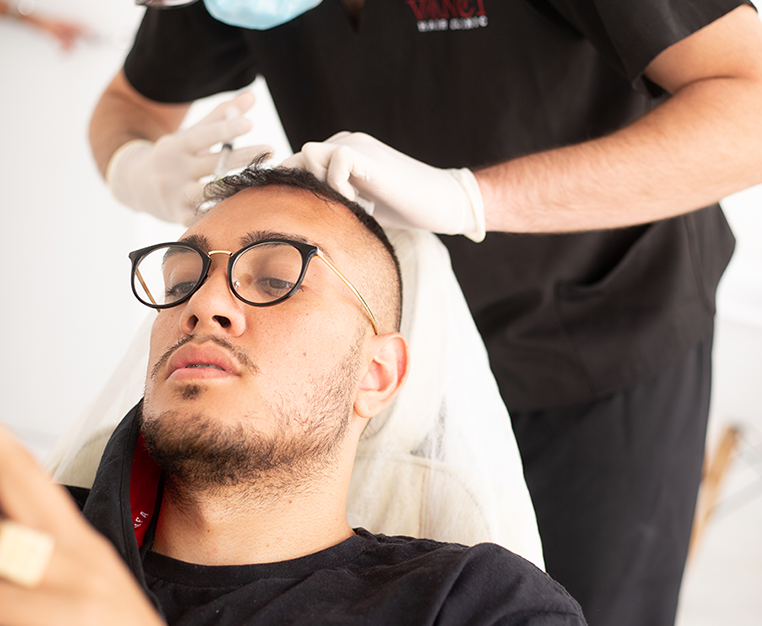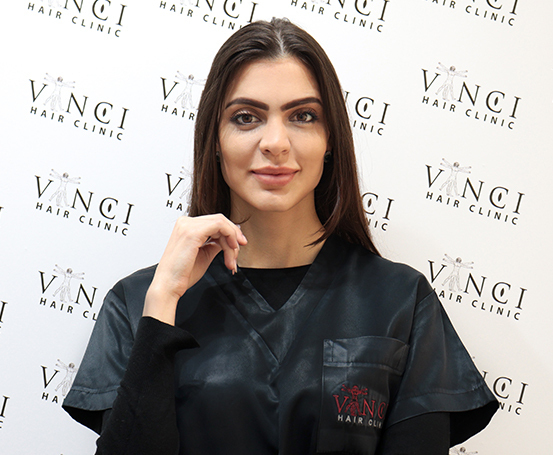Hair loss has always been a worry for women. That’s understandable given that around 40% of females over seventy experience female pattern baldness. However, the recent revelation by the International Society of Hair Restoration Surgery (ISHRS) that the number of women receiving hair loss treatment between 2010 and 2021 increased by 151%, accompanied by a 125% rise in those receiving surgery, has set alarm bells ringing amongst the female population.
This article will examine whether a woman today has more reason than her mother or grandmother to be concerned about hair loss. Are modern women facing a hair loss pandemic? Read on to find out!
Not Just a Male Problem
Hair loss has traditionally been viewed as a male problem, but the truth is that most women will experience it at some point in their life. Whether it happens because of medical problems and associated treatments, female pattern hair loss, alopecia, or hormonal changes brought about by childbirth or menopause, the result is the same; you notice greater hair fall on your pillow and in the shower or a widening part and general thinning. That’s the sort of stuff your mother could have told you about. Maybe she did. But is the situation getting any worse? Are there new causes of hair loss that your mother didn’t foresee?
Modern Life
There’s little doubt that modern urban living is bad for your hair. There’s the dirt, grime and pollution that attack your strands every day as you go about your business. There is also a sense that life is more stressful than it has ever been, particularly for women. Feminism may have been around for decades, but women are still pressured to balance demanding jobs with the business of raising families and finding time to look after their own health and self-care needs. Little wonder, therefore, that many sometimes feel as if they’re awash in stress hormones. Put together, pollution and pressure can make your hair follicles vulnerable to oxidative stress and cell signalling disruption. That doesn’t make for healthy hair.
ISHRS Statistics
Is the stress of life fuelling an increase in female hair loss? Is that what the ISHRS statistics are highlighting? The honest answer is that it’s difficult to say without further study. The figures could be reflecting a rise, but they could also be an indication that women are simply coming forward in greater numbers to avail of hair restoration treatment. Until recently, there was something of a taboo surrounding female hair loss. Like many other aspects of female health, no one wanted to talk about it.
That, at least, is changing. These days, the topic of female hair loss is being widely discussed. Whether it’s British television presenter Davina McCall talking about hair loss as one of the symptoms of menopause, or American singer and actress Christina Milian talking about her postpartum struggles with hair loss, the topic is getting more coverage than ever before. Social media outlets, too, have covered the topic. Check out the number of threads on Mumsnet about hair loss, for example. This greater openness about female hair loss could be encouraging more women to come forward and ask for treatment.
Take Back Control!
That’s undoubtedly a good thing. Nor is it the only way for women to take control in the battle against hair loss. Start with some common sense measures. A sensible lifestyle is the cornerstone of general good health and the health of our hair, so eat well, sleep well and take regular exercise. Establish a good haircare routine and stick to it.
Your mental health is equally important. You can improve this by finding time and space to recharge your batteries. How you do that is up to you. Read a book, take a walk in the park or meditate. Whatever. Not everyone is going to discover their inner zen, but most of us can restore a little serenity to our life by kicking back and reducing our stress levels.
These steps may not prevent you from ever experiencing hair loss, but they will give you the best chance of maintaining a healthy head of hair. If the worst happens, remember that there are many more effective hair loss treatments available today than there has ever been.
Conclusion
The jury is still out on whether there has been a rise in female hair loss. What is clear is that women are coming forward in greater numbers to access hair restoration treatment when they need it. They are also ready to discuss openly what was once a taboo subject. Both those developments are to be welcomed.
We recommend that you talk to a hair expert if you have concerns about your hair. Vinci Hair Clinic can help with this. We offer a free, no-obligation consultation to all our new clients. Get in touch today and book your appointment!



